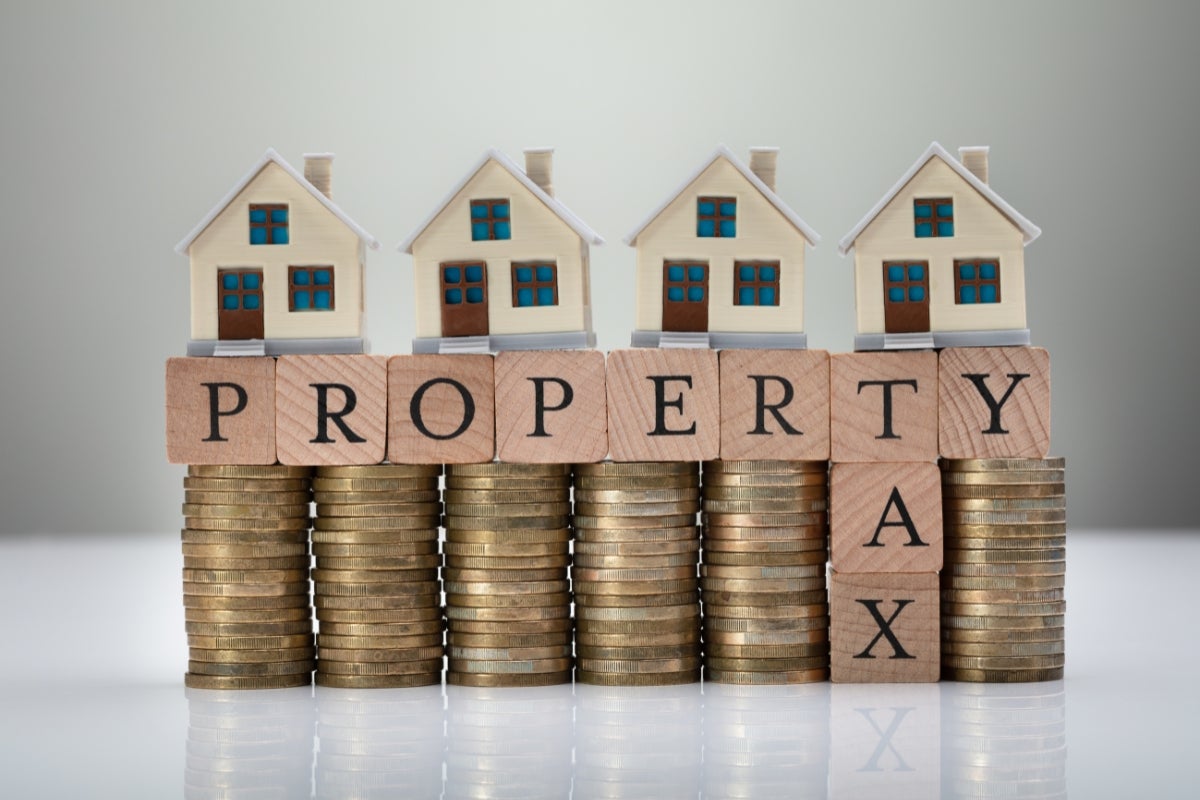
Property taxes play an important role in which home you choose to buy. As an essential consideration for homeowners and real estate investors, understanding the nuances of property taxes is fundamental to navigating the housing market effectively.
What are Property Taxes?
Property taxes are mandatory annual payments that owners of real estate property, such as land, houses, or commercial buildings, must pay to their municipal or provincial government. Serving as a primary source of revenue for these governments, property taxes play a crucial role in financing critical community services and infrastructure. These can include schools, libraries, parks, road maintenance, public transportation, emergency services, and many more amenities that help maintain the quality of life within a community.
How are Property Taxes Calculated?
The calculation of property taxes involves two key factors: the assessed value of the property and the tax rate set by the local municipality.
Assessment of Property Value: The assessment of a property’s value is usually performed by a local or provincial assessment body. This assessment considers the property’s size, age, location, and improvements or renovations. It’s important to note that the assessed value for tax purposes might differ from the property’s market value.
Municipal Tax Rates: Once the property’s value is assessed, the local municipality applies a tax rate to this value to determine the property tax. The rate varies depending on the municipality and the type of property. For example, if a home is valued at $500,000 and the municipal tax rate is 0.5%, the homeowner would owe $2,500 in property taxes for the year.
Understanding property taxes while can pose a considerable financial burden to homeowners, they also underscore the principle of civic responsibility, funding essential services that benefit all residents.